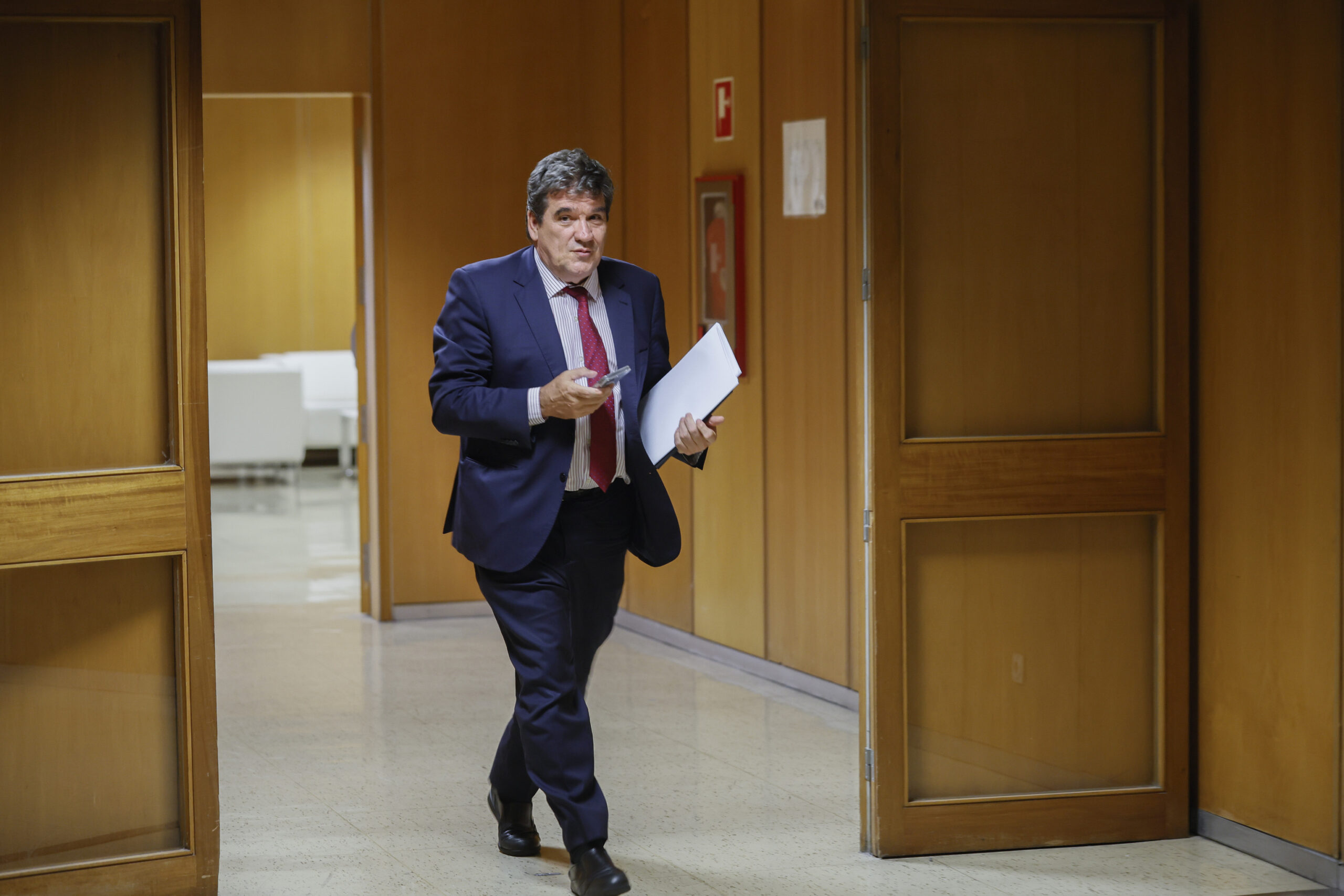As of next year, self-employed workers will have a new contribution scheme that is part of the pension reform that the Government has undertaken in order to make the scheme more sustainable. The new contribution scheme responds to the mandate of the Toledo Pact for self-employed workers to contribute based on their real income.
The Government will process the agreement as a decree law that after the summer will be processed in Congress as law. Minister José Luis Escrivá has asked for the greatest parliamentary support for the proposal.
The Association of Self-Employed Workers (ATA) has confirmed this morning its support for the preliminary agreement on the new contribution system, which was approved yesterday by the other two organizations present at the negotiating table, the Union of Professionals and Self-Employed Workers (UPTA ) and the Union of Associations of Autonomous Workers and Entrepreneurs (Uatae).
The basis of the scheme is a tranche contribution scheme that will be implemented progressively between 2023 and 2025, revised every three years until a definitive system is implemented in 2032 that, rather than a provisional change, can be considered a structural system, which is what requested by both Congress and the European Union.
ATA was reluctant to give its full approval to the text of the Preliminary Draft Royal Decree-Law proposed by José Luis Escrivá’s portfolio due to the existence of some “pending fringes” that have been fixed during this night.
Throughout this morning, the document will be submitted to the governing bodies of the Spanish Confederation of Business Organizations (CEOE), the Spanish Confederation of Small and Medium Enterprises (Cepyme) and ATA. This last organization has also announced the signing of the first collective pension plan, which will include 400,000 professionals who today have individual plans.
The changes in the wording keep the contribution tables proposed by the Government intact, which begin with a fee of 230 euros in 2023 for the self-employed with net income of less than 670 euros. In 2024, the fee will drop to €225 and will drop to €200 in 2025.
The second tranche will include self-employed workers with net earnings of more than 670 euros and less than or equal to 900 euros. In this case, the fee will be 260 euros in 2023, 250 euros in 2024 and 240 in 2025.
For the self-employed with monthly net income above 900 euros and less than 1,166.70, next year’s fee will be 275 euros. In 2024, it will go to 267 euros and in 2025, to 260 euros.
The fourth section will apply to those who enter from 1,166.70 euros and less than 1,300 euros. For them, the fee will remain at 291 euros for the next three years.
The following two sections are for the self-employed with net income of more than 1,300 euros and less than or equal to 1,500 euros and more than 1,500 euros and less than or equal to 1,700. In both cases, and for the next three years, the fee will be 294 euros.
Those self-employed with net income above 1,700 euros and less than or equal to 1,850 euros will be in the seventh tranche. For them, the initial fee will be 310 euros, will rise to 320 in 2024 and will rise to 350 euros in 2025.
Self-employed workers with income above 1,850 euros and less than or equal to 2,030 euros, eighth tranche, will pay a fee of 315 euros in 2023, 325 euros in 2024 and 370 euros in 2025.
In the ninth tranche, the self-employed with monthly net income of more than 2,030 euros and equal to or less than 2,330 euros will have a quota of 320 euros next year, 330 euros in 2024 and 390 euros in 2025.
For those with net income between 2,330 euros and less than or equal to 2,760 euros per month, the fee will be 330 euros in 2023, 340 in 2024 and 415 in 2025. In the following section, applicable to the self-employed who earn more than 2,760 euros but minus 3,190 euros, the fee will be 350 euros in 2023, 360 euros in 2024 and 440 euros in 2025.
Among the highest yields, the odds are also higher. Thus, self-employed workers who earn more than 3,190 euros net per month but less than or equal to 3,620 euros will pay a fee of 370 euros in 2023, 380 euros in 2024 and 465 euros in 2025.
This section is followed by monthly net returns between 3,620 euros and equal to or less than 4,050 euros. In this case, the installments will increase by 100 euros in three years and will go from 390 euros in 2023, to 400 euros in 2024 and 490 euros in 2025.
The penultimate section, the fourteenth, will apply to the self-employed with monthly net income of more than 4,050 euros but equal to or less than 6,000 euros. Their installments will be 420 euros next year, 450 euros in 2024 and 530 euros in 2025.
The last section will be for those who earn more than 6,000 euros. In this case, the fees will start at 500 euros in 2023, to rise to 530 euros in 2024 and end at 590 euros in 2025.
Conforms to The Trust Project criteria
















